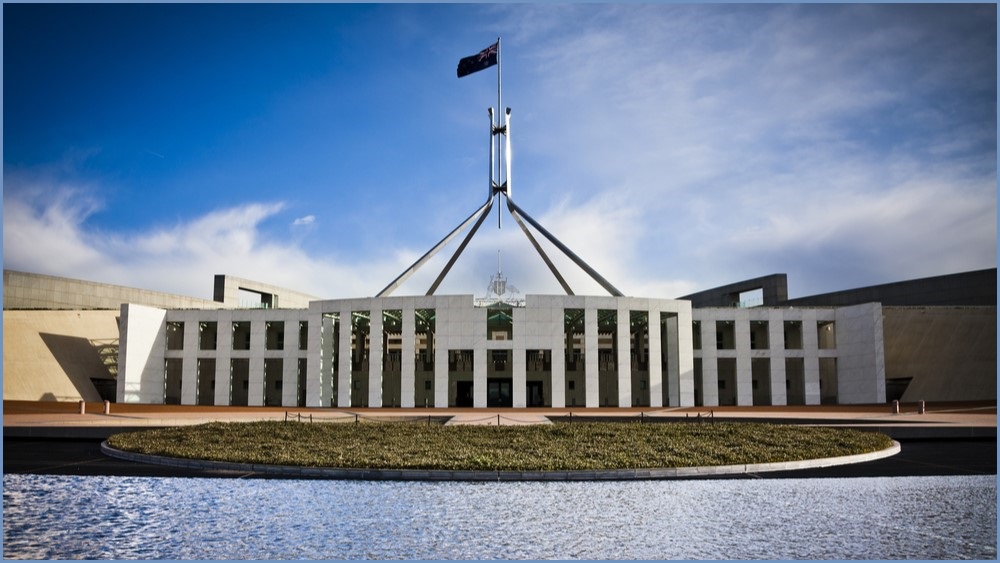The Australian tech sector’s sovereign capability will be scrutinised as part of a six-month Senate inquiry that will cover procurement and the effectiveness of current government policies.
Independent Senator David Pocock successfully moved a motion to establish the committee during the last sitting week of the year.
The Finance and Public Administration References Committee will now investigate efforts to support the development of sovereign capability in the Australian tech sector and deliver a report to Parliament on the matter by 30 June next year.
The committee is charged by Liberal Senator Richard Colbeck, while Labor Senator Lousie Pratt is the deputy chair.
The inquiry’s terms of reference include the adequacy of the current procurement policy settings for supporting local tech companies, including the Digital Sourcing Framework, which was developed by the Digital Transformation Agency and guides how the government purchases digital products and services.
It will also investigate the issues faced by smaller Australian tech companies in accessing public sector procurement, including the effectiveness of current procurement panels, and potential areas for reform of these settings to encourage the “emergence and growth” of more local tech companies.
The terms of reference also include the use of non-sovereign technology in the Australian Public Service and the consequences of that on the local sector, and the effectiveness of the Buy Australia Plan.
The federal government has provided $18.1 million over four years from 2023-24 for this plan with an aim of improving government procurement processes for businesses, including by increasing engagement with Australian SMEs.
The senators will be looking at engagement levels between the federal government and local tech companies, including through the Future Made in Australia Office, which was established following an election pledge by Prime Minister Anthony Albanese.
The ways in which the government tracks the performance of its suppliers, such as the full and timely delivery of outcomes and the sharing of information across departments and agencies, will also be examined, along with any related matters.
The sovereignty of the Australian economy emerged as a key issue throughout the COVID-19 pandemic, and was a central issue during last year’s election.
Submissions to the tech sovereignty inquiry are due by 23 February, and there are likely to be public hearings early next year.
The Albanese government has made efforts to boost sovereignty, particularly in advanced manufacturing and through the Buy Australia Plan and the Future Made in Australia Office.
But there are ongoing concerns about the government’s continued reliance on large multinational tech firms for most of its tech and digital work.
Information Age recently revealed the government’s secret procurement process behind its quantum computing ambitions, with reports it is favouring US-based company PsiQuantum instead of a local provider.
The government also recently announced a trial of Microsoft’s artificial intelligence tools in the public service, rather than adopting an Australian company’s tech.
During the last sitting week Pocock also successfully moved motions ordering the government to provide information on the now-ditched $191 million welfare payments calculator, as well as documents about a data upgrade in the Department of Defence.










